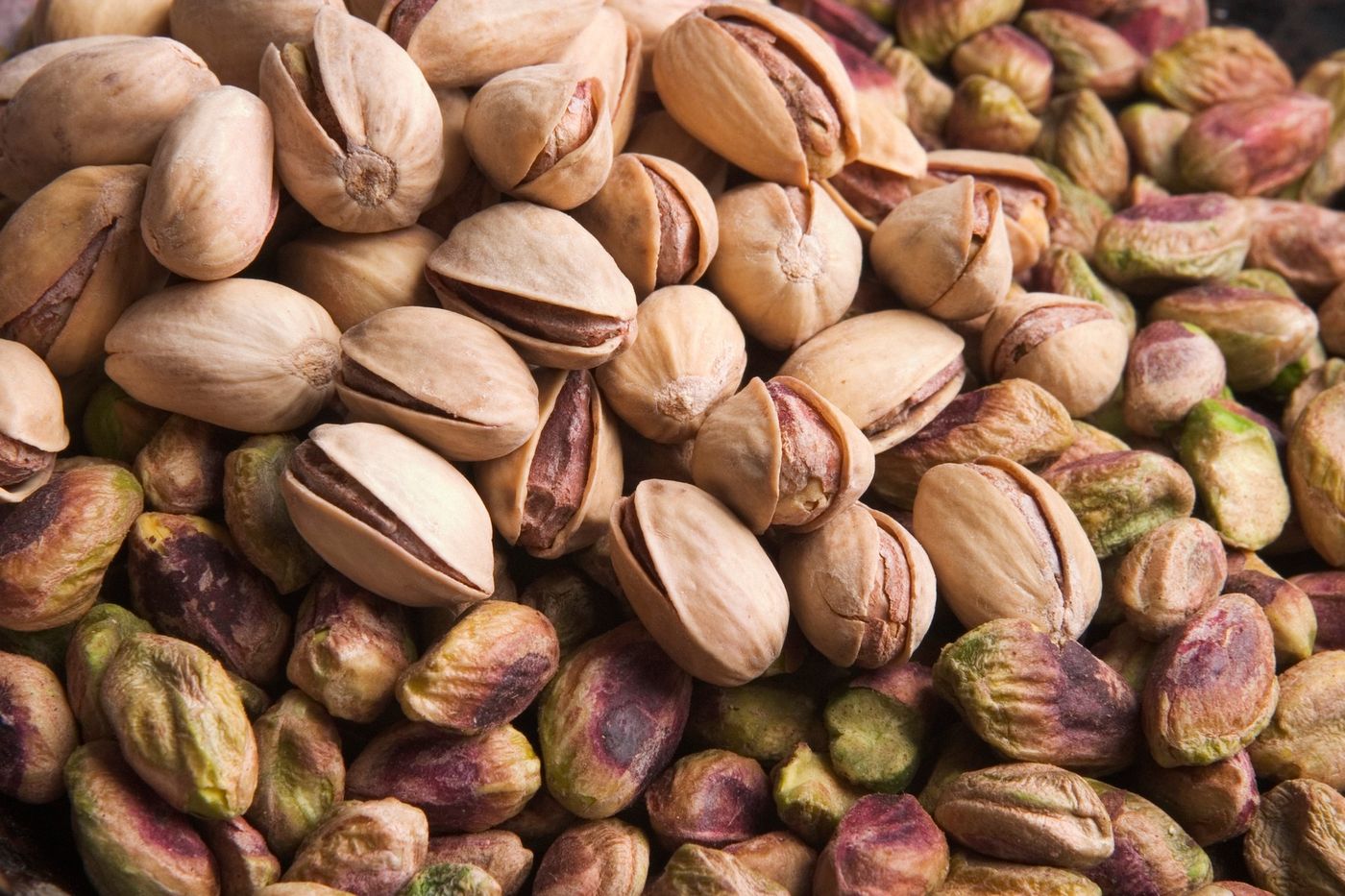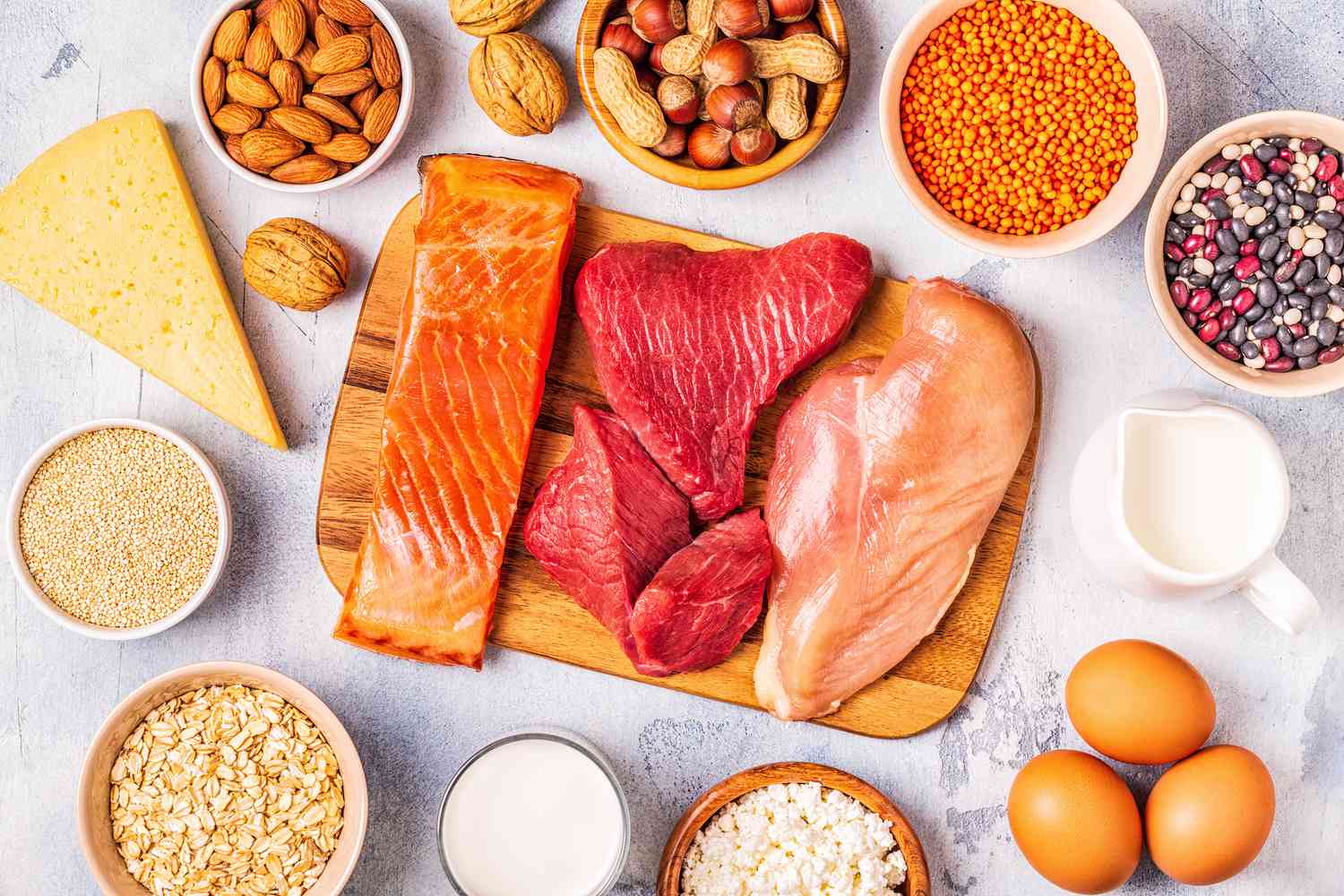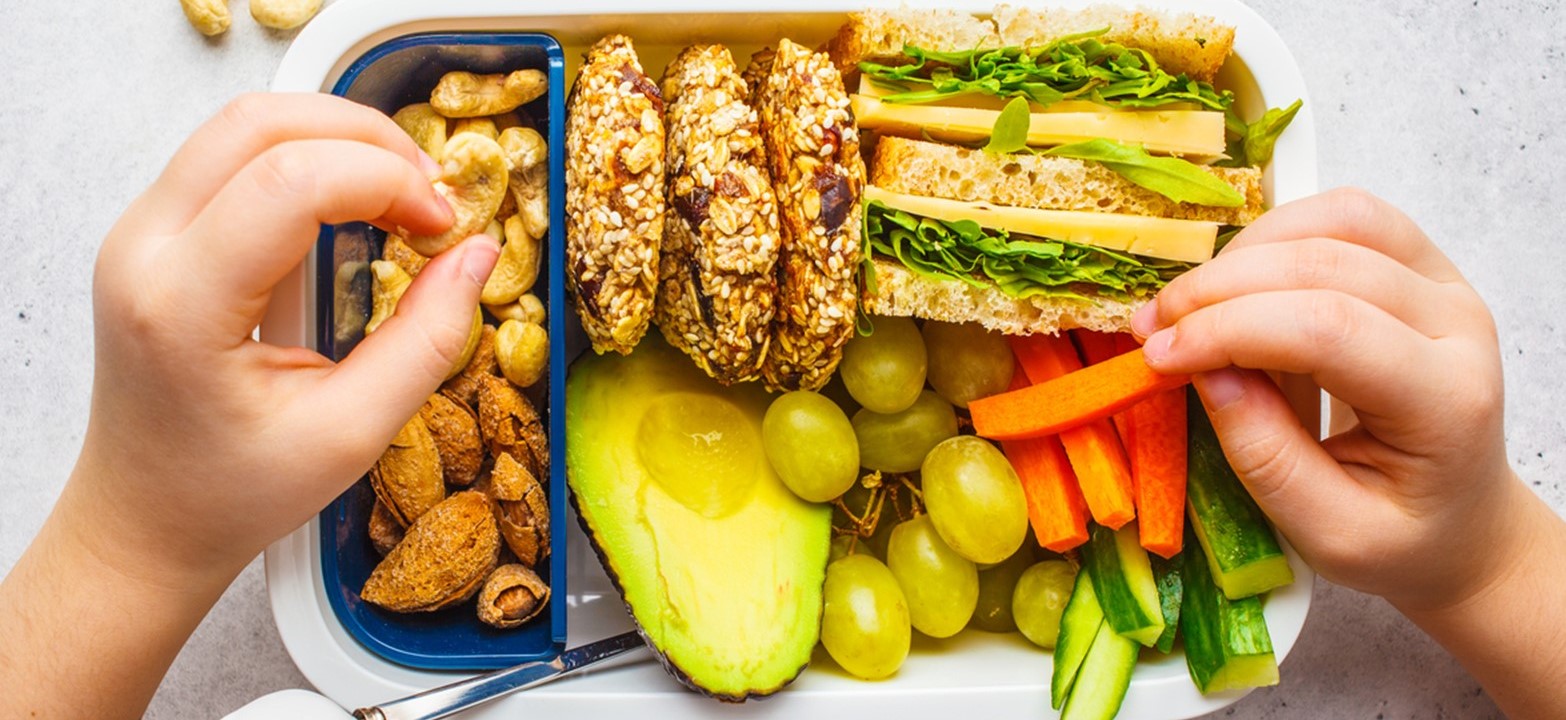Healthy Eating Without Vegetables
For many people, the idea of eating vegetables can be unappealing. Whether it’s the taste, texture, or simply a lack of interest, incorporating vegetables into your diet can be a challenge. However, it’s still possible to eat healthy without relying heavily on vegetables. Here are some tips for maintaining a nutritious diet without having to force down those dreaded veggies.
Focus on Fruits
While fruits and vegetables are often lumped together, they are not the same. If you’re not a fan of vegetables, you might find that fruits are more palatable. Fruits offer a wide range of essential vitamins and minerals, and they can be a great alternative to vegetables. Incorporating fruits into your diet can help ensure that you’re still getting important nutrients, even if you’re not consuming traditional vegetables.
Explore Alternative Sources of Nutrients
There are many other foods that can provide the essential nutrients typically found in vegetables. Whole grains, lean proteins, and dairy products are all rich in important vitamins and minerals. By diversifying your diet and incorporating these alternative sources of nutrients, you can still maintain a healthy and balanced diet without relying on vegetables.
Experiment with Different Cooking Methods
Perhaps your aversion to vegetables stems from the way they are prepared. Roasting, grilling, or sautéing vegetables can bring out different flavors and textures that you might find more appealing. By experimenting with different cooking methods, you might discover new ways to enjoy vegetables that you previously disliked.
Blend Them In
If the taste or texture of vegetables is a major deterrent for you, consider blending them into smoothies or soups. When mixed with other ingredients, the flavors of the vegetables can be masked, making them more palatable. This can be a sneaky way to incorporate vegetables into your diet without having to deal with their taste or texture directly.
Get Creative with Seasonings and Sauces
Seasonings and sauces can make a world of difference when it comes to the taste of vegetables. Experiment with different herbs, spices, and sauces to find combinations that make vegetables more enjoyable for you. Whether it’s a zesty marinade, a flavorful dressing, or a sprinkle of your favorite seasoning, finding the right accompaniments can transform the way you perceive vegetables.
Don’t Force It
Ultimately, it’s important to remember that everyone’s tastes and preferences are different. If you truly cannot stand vegetables, forcing yourself to eat them may only lead to frustration and resentment. Instead, focus on finding alternative sources of nutrients and maintaining a balanced diet that works for you.
While vegetables are undeniably beneficial for overall health, they are not the only option for obtaining essential nutrients. By exploring different foods, cooking methods, and flavor combinations, you can still eat healthy without having to force down vegetables that you don’t enjoy.











